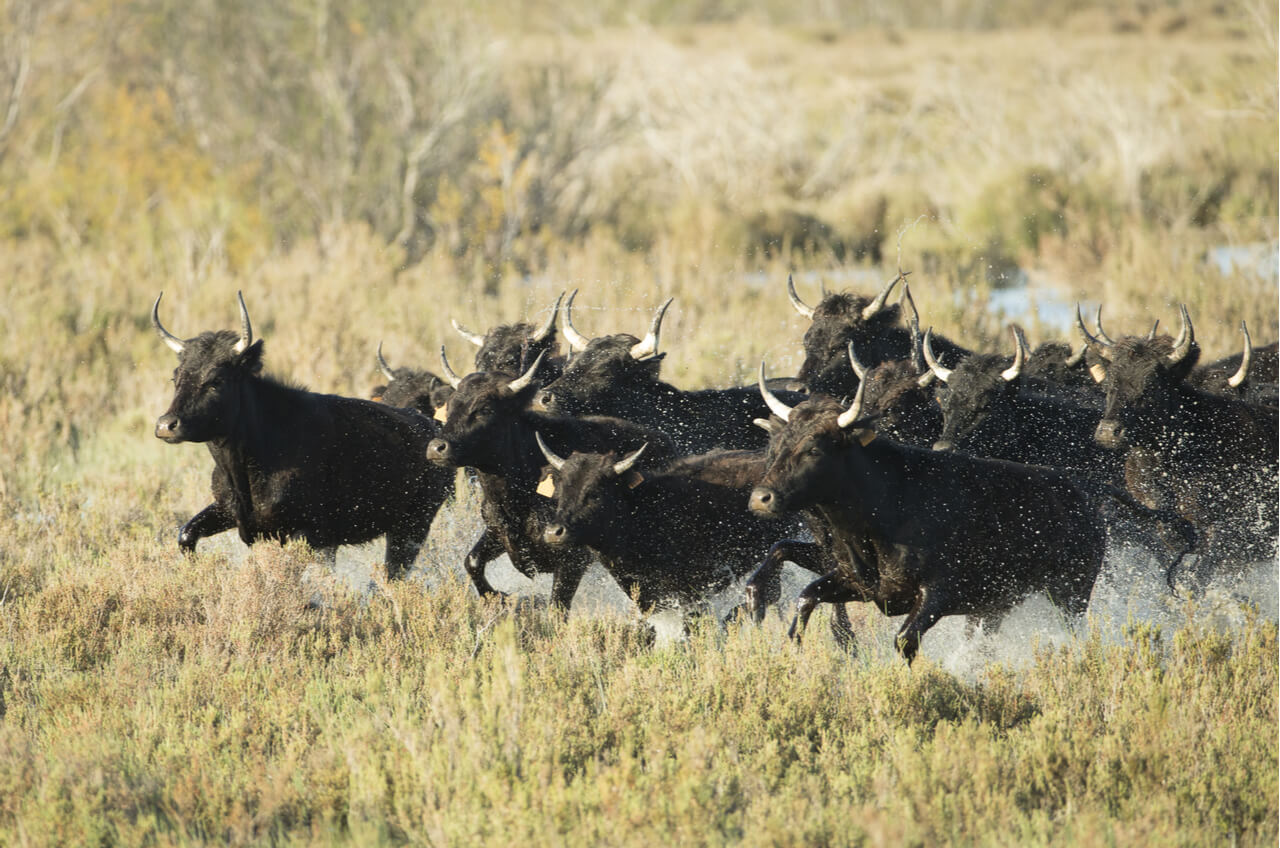Nine Is Fine! Pennsylvania Casinos Apply En Masse For Online Casinos

It looks like Pennsylvania is going to have a robust online gaming industry after all.
On Monday, the Pennsylvania Gaming Control Board (PGCB) issued a press release stating nine of the state’s 13 casinos applied for a comprehensive online gaming license. Casinos had from April 16 to July 16 to turn in applications for the license. The price tag: $10 million.
Monday was the final day Pennsylvania casinos could apply for the exclusive three-category license. With it, casinos can offer online slots, online table games, and online poker.
PGCB received all of the petitions between July 12-16. The run on submissions at the eleventh hour puts an end to the theory that Pennsylvania casinos would eschew online gaming due to the uninviting landscape of high fees and taxes and restrictions on skins and on-property mobile wagering.
Who applied?
Eight of the twelve operational casinos in the state, along with the forthcoming Live! Hotel and Casino Philadelphia submitted petitions for the three-category interactive gaming license.
Here’s a look at each applicant and wha
t we currently know about their online gaming partner(s).
| Casino | Official Partnerships | Expected partnerships |
|---|---|---|
| Parx Casino | GAN | — |
| Harrah’s Philadelphia | — | 888 |
| Mount Airy Casino | 888 | PokerStars |
| Hollywood Casino at Penn National | — | Scientific Games/NYX |
| Sands Bethlehem (on behalf of Wind Creek) | — | — |
| Rivers Casino | Rush Street Interactive | — |
| SugarHouse Casino | Rush Street Interactive | — |
| Valley Forge Casino | — | GVC/partypoker |
| Live! Philadelphia Casino | — | — |
Who didn’t apply?
That leaves four casinos on the outside looking in… for now:
- Presque Isle
- Lady Luck Nemacolin
- The Meadows
- Mohegan Sun
I say for now because at least two of the four casinos listed above (Presque Isle and Mohegan Sun) are likely to apply for an online gaming license during the next licensing phase.
Presque Isle
Churchill Downs (CDI) purchased Presque Isle in March 2018. At the time, CDI noted the opportunities for online gaming in Pennsylvania.
Interestingly, CDI mentioned online poker in its statement, so it’s somewhat surprising the company didn’t petition for the three-category license:
“CDI’s investment in online wagering technology and customer support systems also positions the company to take advantage of additional Internet gaming opportunities, such as online poker, as those activities are authorized at the state or federal level.”
Mohegan Sun
Mohegan Sun is already involved in online gaming in New Jersey through Resorts Casino. The tribe operates the casino, and in addition to ResortsCasino.com, it launched a MoheganSunCasino.com skin in July 2015.
Further, Mohegan Sun came out in support of online gaming expansion in Connecticut earlier this year.
Meadows
The Meadows may or may not become involved in the PA online gambling industry.
The property is now owned by Penn National, which will already offer online gaming through Hollywood Casino. Because of this, Penn might see online gaming at Meadows as redundant.
Lady Luck
The online ambitions of the state’s smallest casino, Lady Luck, are unclear at this time. One point of interest is that CDI recently reached an agreement with Lady Luck owner El Dorado Resorts to operate the tiny casino.
Phase 2 of online gaming applications now underway
The next stage of the licensing process is a 30-day window running from July 16-August 14. During this period, Pennsylvania casinos can apply for category-specific online licenses (slots, table games, and poker) at a cost of $4 million each.
Casinos applying during this period are likely to forego the online poker license, opting to procure online slots and table game licenses at a total cost of $8 million.
Reason being, online casino revenue outpaces online poker by more than 10-1 in New Jersey, not to mention online poker’s structural issues as a peer-to-peer game that requires liquidity.
Phase 3 may or may not occur
If any licenses remain after that period the PGCB has the option of opening up the process to outside entities. According to the PGCB press release, the Board “may set a time for when it would begin accepting petitions from qualified gaming entities to conduct interactive games in all or some of the categories.”
From the sound of it, that phase might never come into being. And the PGCB doesn’t have to make the remaining licenses available to outside entities.
Considering the other protectionist policies that have been adopted, it’s likely the PGCB will hold the licenses in reserve in case a casino has a change of heart or is sold to a company with online aspirations.










